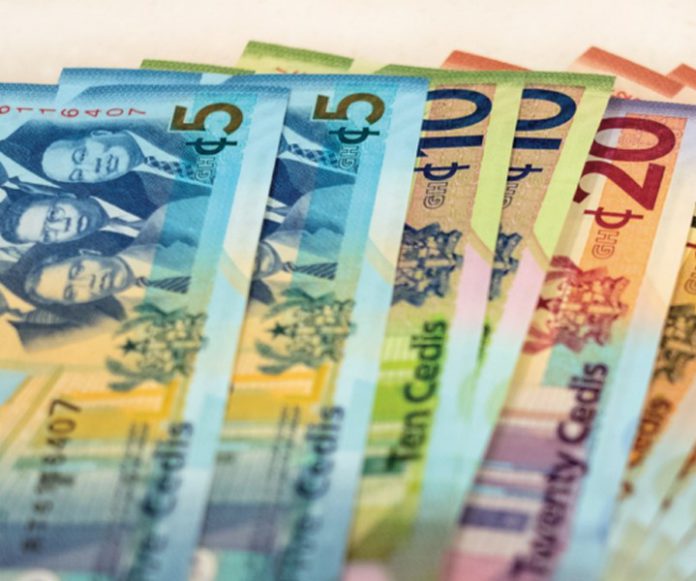President John Mahama says the recent tumble of the cedi reflects both overvaluation and undervaluation, insisting the currency must settle at its true value.
Speaking at his maiden media encounter on Wednesday, September 10, he recalled how some Ghanaians questioned whether the exchange rate would drop below ¢10.
“There was one occasion where I said people were asking whether it will go below ¢10, and I said, it is dropping, but it will find its true value.
“It was undervalued at ¢16, and it probably is overvalued at 10, but somewhere between there we have the real value of the cedi.”
He stressed the focus must be on halting sharp depreciation. “I believe that it is about stopping the rapid depreciation of the currency.
Almost every currency would realise either depreciation or appreciation in the course of a year. But when you have steep depreciation of about like we had in 2024, 25% depreciation in the currency in the first half of the year, it makes planning difficult.”
Mr Mahama noted that the Bank of Ghana’s intervention and subsequent withdrawal from the forex market triggered unintended consequences.
“Because of the rapid appreciation in the value of the cedi, we saw an exponential increase in imports, because then people could buy cheaper dollars, and so they could import more, which is a natural economic phenomenon.
But on the other side, exporters are not happy, because they get fewer cedis for what they export. And so every country tries to find a balance where exporters can do good business and importers are not overburdened by high forex rates.”
He admitted the central bank has the responsibility to maintain that balance, but pledged that under his watch, depreciation will be controlled.
“Where that lies, I don’t know. I’m not a central bank, but the cedi is making an adjustment, and I believe that it will settle at a certain rate, and we will make sure that any depreciation that occurs in the value of the cedi is within a margin of about 5% per annum. That is what we target.”
He linked part of the problem to a sharp fall in remittances.
“It also coincided with a period where we saw a reduction of 50% in remittances, because citizens in the diaspora were taken aback by the rapid appreciation of the cedi.
And so if somebody was building a house, if he was going to send $100,000, it meant that he was losing a certain percentage of that 100,000 and most of them would decide to adopt a wait-and-see attitude.”
The president also revealed troubling findings from investigations into foreign exchange transactions.
“There were some money transfer companies that were collecting dollars abroad and not repatriating the dollars.
“There were other cases where people applied through the commercial banks for foreign exchange to cover imports, and those monies are transferred to pay for imports, but the imports never came into Ghana.
“And we’ve studied for a period of four years. And every year over the period of four years, about $42 billion was taken out of this country without the corresponding imports coming into the country.”
He said sanctions are underway.
“We started sanctioning some banks, and soon will start interrogating some individuals who ostensibly took money out against imports, but never brought those imports. We want to know what happened and if there was wrongdoing, to sanction whoever it is.”
Mr Mahama insisted that protecting the currency is a collective duty.
“While we work to stabilise our economy and improve the value of our currency, we must protect that currency, because a good, strong cedi is good for all of us.
“But when that happens, some people try to take advantage of it, and I think that we should all condemn anything like that.”
Source: Myjoyonline


